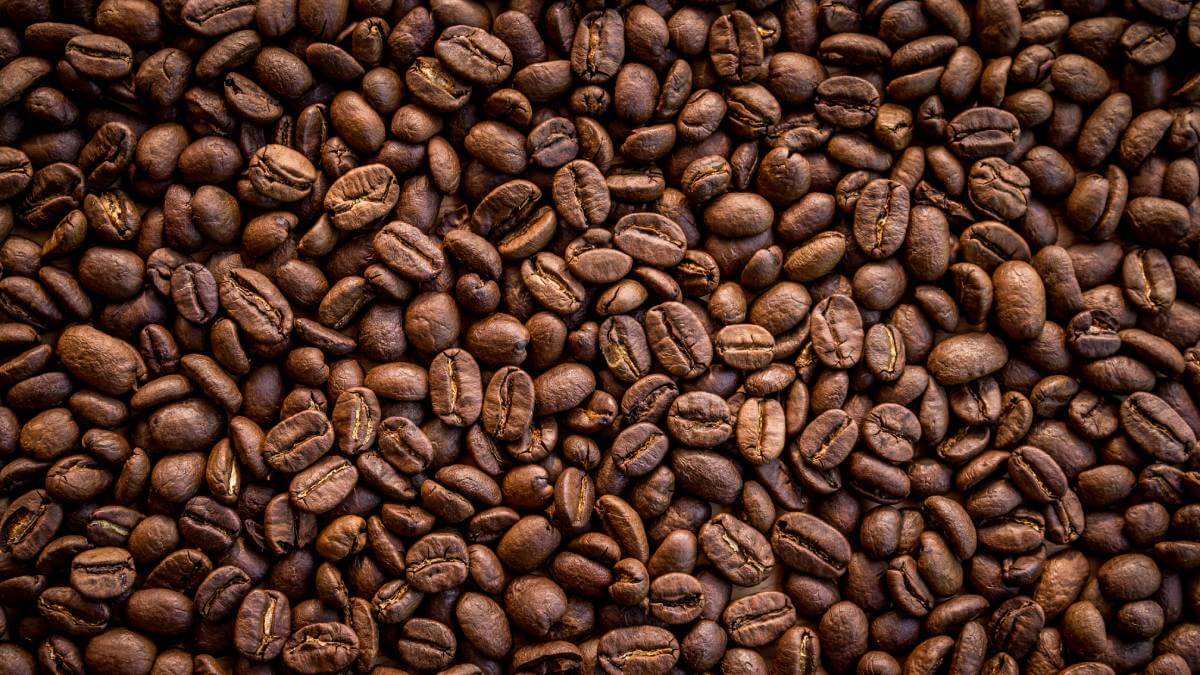Caffeine is a bit like wine – for every study that says it’s bad for you, there is an equal and opposite study that comes out in its favour.
Well, in this instance, caffeine is a good guy, with research finding that high levels of caffeine in your blood may lower body fat and reduce the risk of type 2 diabetes.
The study, published in the BMJ Medicine journal, stated that caffeine can help fight obesity and metabolic disease.
The study also examined the effect of high caffeine levels and coronary heart disease, heart failure and stroke, but did not find any strong associations.
Unreliable
Previous small, short-term trials used observational techniques that found caffeine intake results in weight and fat reduction. However, the long-term effects were unknown and observational techniques can be unreliable.
And while those previous studies did find drinking coffee was associated with weight loss and a reduced risk of type 2 diabetes, they could not determine if it was caffeine or other components of coffee that were making the difference.
This recent study, conducted by the Karolinska Institutet in Stockholm, took a different tack, and researched lifelong caffeine concentrations in plasma and found the same positive results.
Researchers screened population-based studies for people who carried two common gene variants associated how fast the human body metabolises caffeine and used these to predict blood caffeine levels.
It found people with the two gene variants drink less coffee on average, yet have higher levels in their blood as they metabolise caffeine at a much slower rate.
About half the effect of caffeine on the risk of type 2 diabetes was attributed to the associated weight loss. Caffeine is well known to boost metabolism and reduce appetite and subsequently supports weight loss. A daily intake of 100mg can increase your energy expenditure by about 100 calories a day.
Practice caution
However, the results are not an excuse to chug down another tea, coke or coffee.
University of Exeter health lecturer Dr Katrina Kos told The Guardian the study did not recommend drinking more coffee and any caffeinated drinks containing sugar and fat would offset the positive effects.
And University of Warwick associate professor Dr Stephen Lawrence also weighed in with an urge for caution, saying increasing caffeine levels was not a substitute for increasing physical activity and reducing calorie intake.
“Should people drink more coffee to reduce fat or diabetes risk? The science suggests relatively good evidence that consuming caffeine increases fat burning, even at rest,” he said.
“However, it does not constitute a treatment for obesity and, used wrongly, may result in weight gain or even harm.”
The study recommended investigating controlled trials using sugar and fat-free caffeinated drinks to reduce the risk of obesity and type 2 diabetes.
Do you drink coffee or caffeinated drinks every day? Do you think they slow your appetite? Why not share your experience in the comments section below?
Also read: It’s official, we have the world’s best coffee shops

